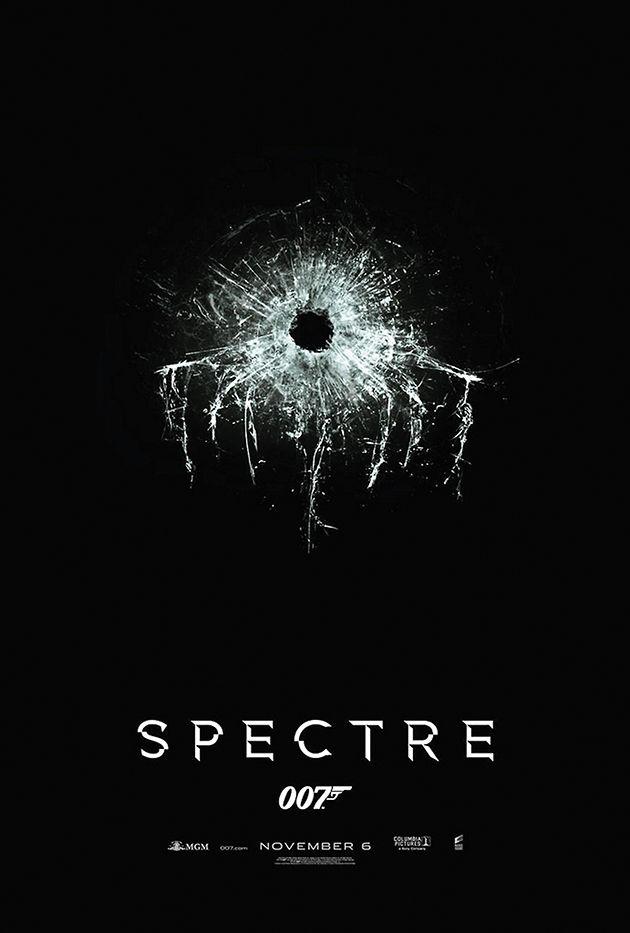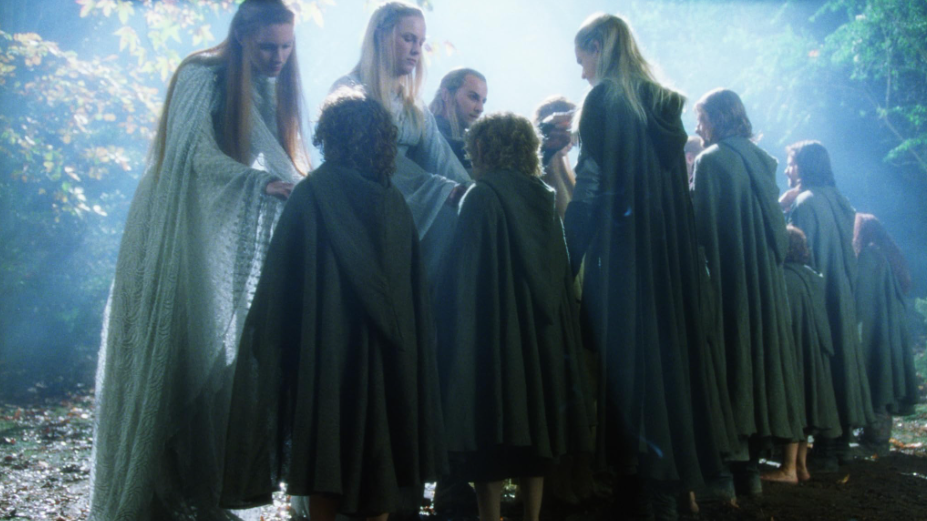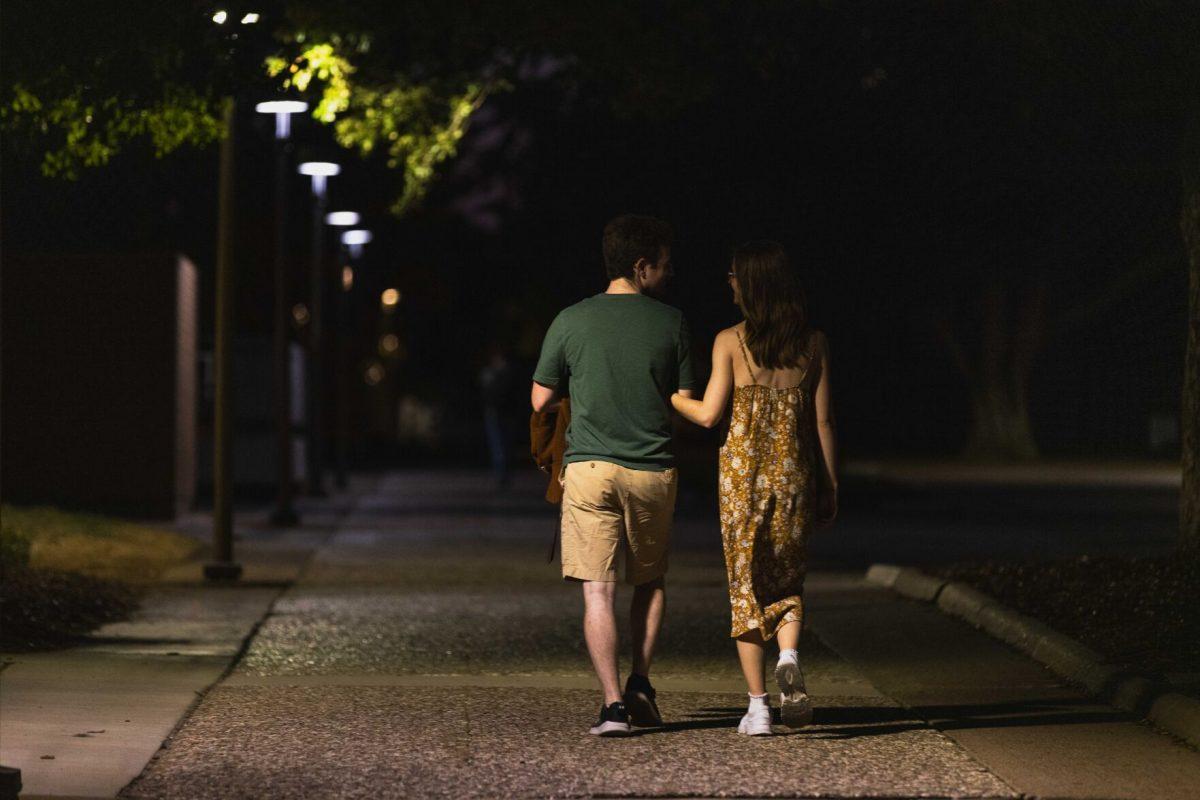There’s a lot to like about Daniel Craig’s portrayal of James Bond. He’s stone-faced, unflinching and certainly built for the part. His films’ attempt to move Bond away from his slick, womanizing, shaken-martini past and emphasize a grittier, more realistic take on the international spy have been universally acclaimed. “Casino Royale” (2006) and “Skyfall” (2012) are high marks for the franchise, setting a precedent in quality and tone that, unfortunately, “Spectre” never quite reaches.
That’s not to say the film is bad. It’s a technical marvel, beautiful in its cinematography and unrivaled in sound editing. A high level of gloss permeates every aspect of the film, which is unsurprising given its outlandish $300 million budget. The action is well edited to avoid the dreaded Bourne-inspired shaky-cam, and there’s never a moment without something interesting to look at. Craig turns in a good performance, as do the rest of the cast.
The film’s problems stem from its script, which cannot decide if it wants to keep Bond modern or send him back to his roots. Perhaps ironically, this is also the plot of the film. When on an unofficial mission in Mexico, Bond inadvertently destroys half a city block, the results of which find him grounded and start the discussion of whether the 00 program should be phased out. It’s an old versus new debate, where the gun-slinging spy days of yore are under siege by drones, automated surveillance systems and the promise of idealized non-violent relations. Of course, something is amiss, so Bond eschews his leash to unravel the mystery of the underground organization, “Spectre.”
It’s a fine plot conceptually, although it does seem at least partially identical to this summer’s “Mission: Impossible” sequel, but it feels underwritten. It speaks in Bond shorthand, borrowing scenes and motifs from better Bond films to fill out its rather bloated 148-minute running time. There’s a train sequence, there’s a mountain-top chase sequence and there’s a torture sequence. This would be fine if the film did anything to make these moments more impactful (such as the unforgettable torture scene in “Casino Royale”), but the script’s lack of polish means the film thinks it’s doing much more than it actually is. There’s no weight, no consequence to any of the mechanics the film tries to introduce, and as such, the stakes feel very low. When Bond is grounded, MI6 injects his bloodstream full of location-detecting nanobots to keep tabs on him, yet nothing much changes. He goes about his usual Bond routine without opposition, which is, sadly, emblematic of the film. It’s all smooth sailing, and that’s not something that’s necessarily good for the “modern” Bond.
Amongst its host of issues, the most annoying aspect is the lack of a strong villain. Christoph Waltz plays Ernst Stavro Blofeld, who Bond purists will remember is the original archetype for “the” Bond villain (and the inspiration for Dr. Evil, cat and all), but you’d hardly know that from watching the film. Waltz’s screen time is downright criminal, amounting for maybe 1 or 2 percent of the film’s running time. This is shameful, as his performance is one of the highlights of the film. Compared to his explosive performances in other films, his expressiveness here is subdued, and it lends an aura of unexpectedness to his character. It just leaves the audience wishing he had more than a dozen or so lines.
Daniel Craig has gone on record saying he is currently against reprising his role as Bond, and this film seems to illuminate that reasoning. The well is dry, and a glass ceiling holds the current iteration of Bond hostage, stuck in a rut between tradition and modernity. If Bond wants to maintain relevancy, there must be a step taken to further decide what his character is, and what it is to become. But this line-towing, middle-of-the-road combination of old and new is giving Bond a serious identity crisis, one that may require a new face to resolve.
Mason Morgan is an English senior and
a life & arts writer for The Battalion.
New Bond film misses the mark
November 9, 2015
0
Donate to The Battalion
Your donation will support the student journalists of Texas A&M University - College Station. Your contribution will allow us to purchase equipment and cover our annual website hosting costs.
More to Discover









